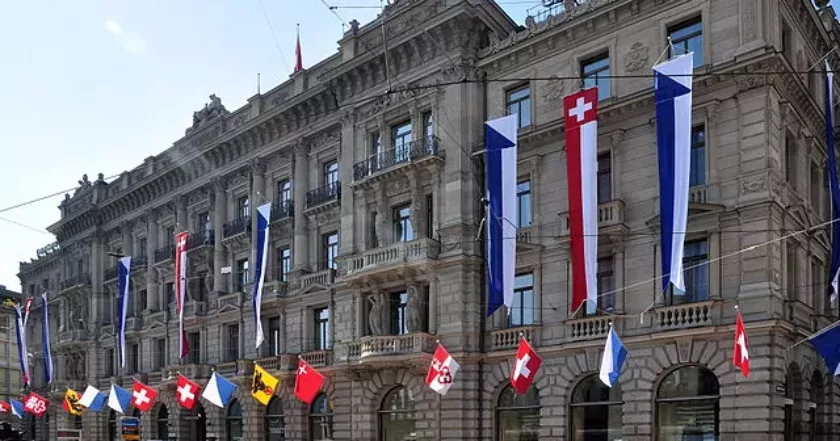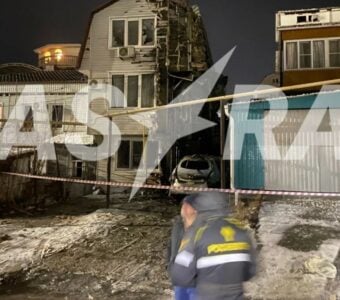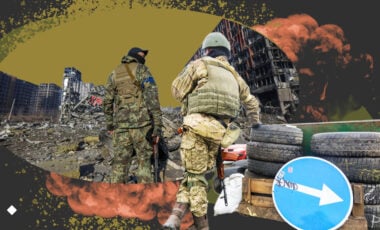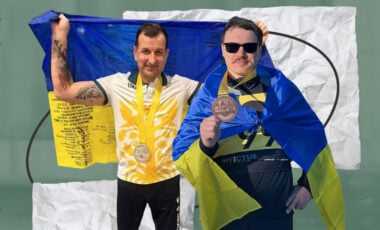Switzerland won't confiscate russian assets, citing violation of constitution

Due to the alleged violation of the constitution and undermining of the existing legal order, the Swiss government refused to confiscate russian assets.
The Federal Council of Switzerland explains this decision in the document, noting that amid international discussions and several parliamentary inquiries, the Federal Council asked the administration to examine the legal situation regarding frozen assets in Switzerland due to sanctions against russia, the European Pravda cites.
An internal working group led by the Federal Office of Justice informed the Federal Council of its findings.
"The working group representing the State Secretariat for Economic Affairs (SECO), the State Secretariat for International Finance (SIF), and the Directorate of International Law (DIL), led by the FOJ, concluded that the expropriation of private assets of lawful origin without compensation is not permissible under Swiss law," the document says. "The confiscation of frozen private assets is inconsistent with the Federal Constitution and the prevailing legal order and violates Switzerland's international commitments. Other countries have similar constitutional rights and guarantees."
At the same time, Switzerland will continue to consider the possibility of confiscating the currency reserves of the russian central bank and other state assets, introducing harsher criminal penalties for violating sanctions.
"Switzerland is closely following these proposals and contributes its views to the discussions. The relevant offices will inform the Federal Council regularly on international developments in this regard," the statement emphasized.
Despite this decision, the Swiss government continues to support Ukraine. "Independent of the discussions on frozen russian assets, the Federal Council has reiterated its intention to continue its support for Ukraine," the Swiss government added.
Earlier, Swiss Foreign Minister Ignazio Cassis stated that his country supports confiscating frozen russian assets and using them to restore Ukraine. However, banks are categorically against such a proposal.
As Rubryka reported, on February 15, the European Commission officially proposed the 10th sanctions package to the EU countries for approval.



















































